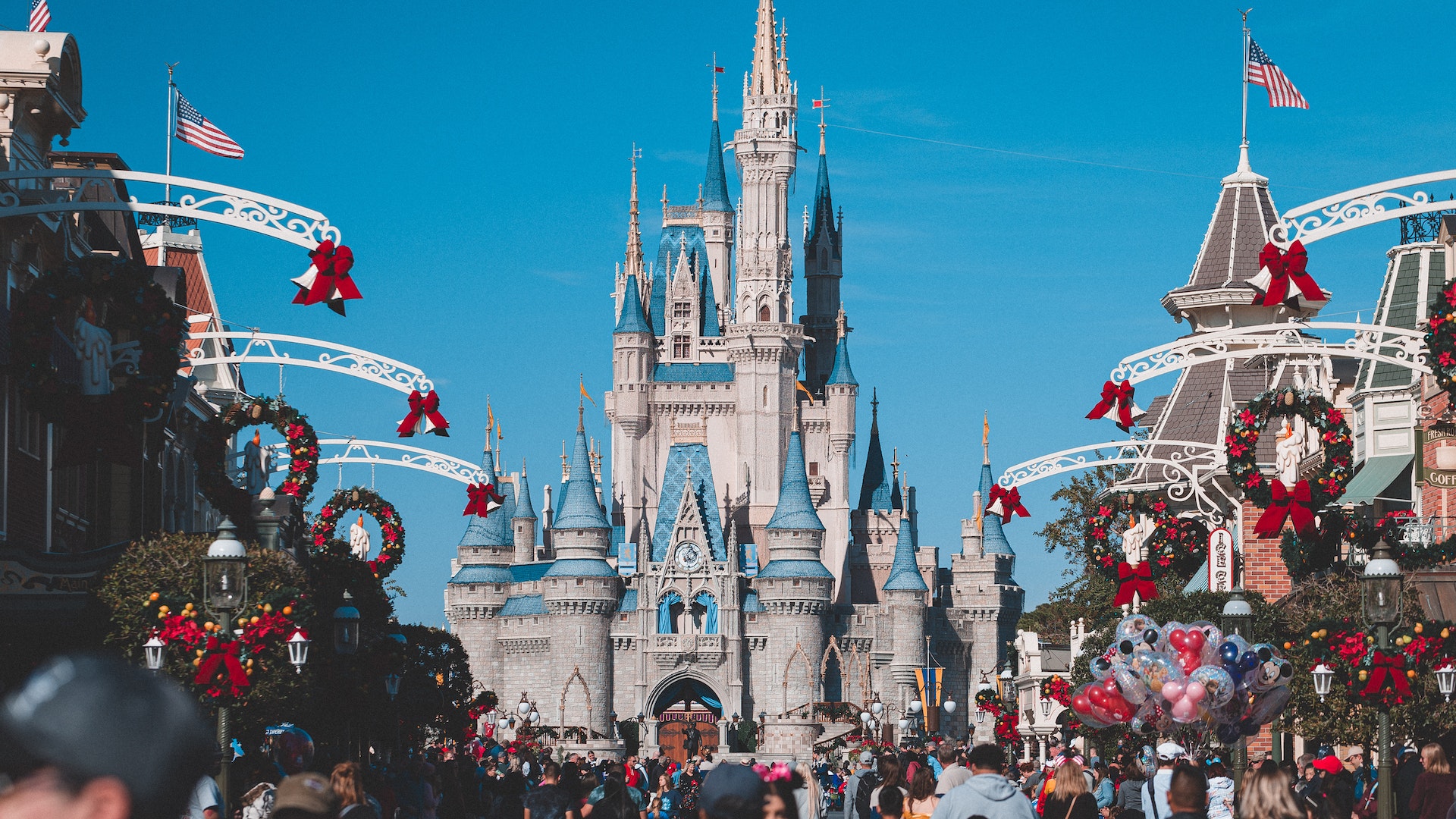A travel tech debate recently went mainstream on USA Today: if AI and self-service are taking over travel, will everything become a D-I-Y experience?
NB: This is an article from Cloudbeds, one of our Expert Partners
The impact of automation and self-service were hot topics in hospitality circles long before ChatGPT was a thing, but when it gets mainstream coverage, it’s evidently on travelers’ minds. The guest experience is a hotel’s lifeblood and therefore no hotel wants to misapply automation at the expense of crucial human interaction.
Subscribe to our weekly newsletter and stay up to date
People are wondering, What would my trip, my hotel, be like if there’s no human there to help me? Will everything become a DIY experience? This is where Disney really can show us how to make dreams come true, as they’ve been successfully doing this for a while.
The happiest IoT on earth
The Walt Disney Corporation’s knack for reaping profit and guest loyalty with automated solutions borders on legendary. If you’ve ever put on that MagicBand, then you’ve witnessed how a bare-bones Internet of Things (IoT) device with a near-zero user interface can streamline operations, rake in profits, and anchor the magic experience that accounts for Disney’s 70% return-visitor rate. Staff that wait for you in the lobby, iPads in hand, pull-off a highly-human, mobile check-in. Alternatively, Disney guests can opt for a fully automated, cast member-free check-in experience if they choose. Pair that with the MagicBand’s ability to unlock doors and you’re back outside and off to your adventure in no time. Disney stands as a powerful counterargument to those who assume it’s an either/or choice between tech and the human touch. In fact, the rising generation of travelers increasingly expect both.
Anybody can ICARE
Disney has an acronym for their guest experience philosophy: ICARE. It stands for Impression, Connection, Attitude, Responsiveness, Exceptionals. But there’s a technology underpinning to ICARE that people often miss. Disney uses automation to enhance human caring, not replace it, and their guest loyalty speaks for itself.
I want the hotel world to know that personalized, automation solutions are out there. They’re inexpensive, you don’t have to be tech-savvy to use them, they cut operating costs and improve guest experience (GX) Disney style. Impressions, Connection, Attitude, Responsiveness, and Exceptionals get optimized, and, in a world where more than 90% of guests will discover you online, tech always makes the first impression.
Impression: you only get one shot
You won’t get a second chance to make a first impression, and Disney knows this. Disney cultivates a fun, easy, and comfortable guest-experience bubble on their properties and online. You see the bubble effect in the look and functionality of Disney websites and booking engines. It’s a different world, and it’s easy.
Any hotel can copy Disney’s first-impression technique. Desolation Hotel, for example, is a high-end niche resort close to Lake Tahoe that has done this well. The resort’s website is like stepping into an adventure. It’s particularly cheap and simple to do if your property management system has a built-in website feature. Disney and other smart lodging businesses use their online presence to send a three-part message: First, look at our local attractions. Second, enjoy our comfort bubble. Third, book easily. Basically a “this is why you want to come here” call to action.
Connection with an attitude
Hotels who invest in building a personal connection with their guests will see the payoff in return visits, upsells, loyalty and positive reviews. Disney turns that into an art, for example bonding with kids through their iconic costumed cast members. Small hotels can tap into that formula, no costume necessary. Or, in the words of my Cloudbeds onboarding lead colleague Gabriel Fernandes Catanese: “every concierge is a cast member”. Here again, hotels can borrow from the Disney playbook without buying Disney-level tech. A web-based PMS can put features and integrations like self-check-in, simple pre-arrival questionnaires, centralized guest messaging and customer relations management on your dashboard. Then hotels know what an individual’s needs and expectations are beforehand. Combine that with self-check-in, and staff finally get a chance to look up from the computer and make a human connection.
Responsiveness and exceptionals (give a little whistle)
Don’t get me wrong: my family and I love interacting with Disney guest services staff. The problem can sometimes be getting in touch with one. Disney guest services have scale issues like most hotels do, and too many Disney properties don’t have SMS guest comms capability. And tools like automated guest chatbots don’t have to replace human connection. Rather, they make humans better at their job by giving them extra sets of ‘automated ears’ so they can listen and respond attentively, accurately, and in a personalized way. That’s what Disney calls exceptionals: when staff members demonstrate empathy; when they recognize that understanding and empathizing with guests’ feelings is crucial to providing exceptional service. Hotels are people-centric in origin. Automation and AI give staff more bandwidth to demonstrate how exceptional they truly are.
It’s a small world, after all
So will hospitality become a D-I-Y experience? Not for the winners. The winners will ‘disney-fy’. They’ll leverage inexpensive self-service and automation tools, cut costs, add convenience, and reap loyalty by using the extra staff time to show how much they ICARE.
Smart hotels know their product is ultimately your own personal experience. They won’t make that experience a check-in counter, an answering machine, or (worse yet) a double booking. Take it from a globally-distributed hospitality tech company: computers + hotels = humans from all parts of the world getting closer together. Because yeah, let’s say it,
It’s a small world, after all…




